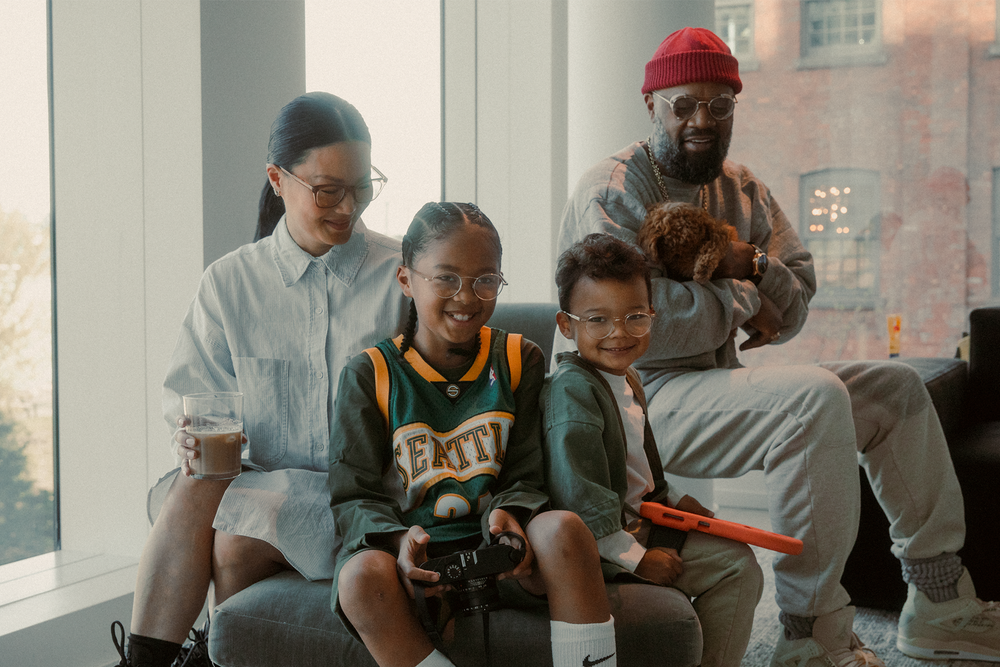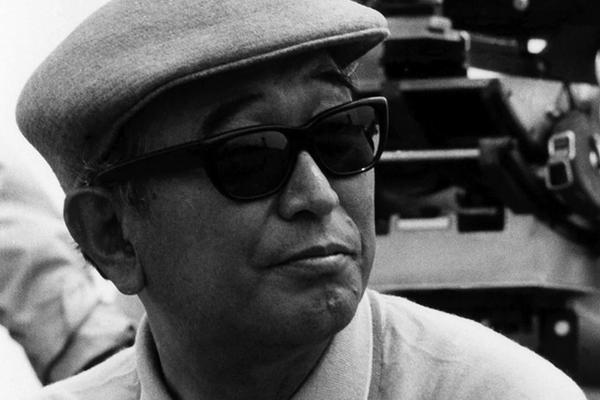Try, for a second, to think what the word “Influencer” would have meant to the 2005 version of yourself. Chances are you would think “that’s not actually a word” and you would have had no clue how much of the economy incorporates influencers in 2022. In 2005 we were still using Motorola Razors, maybe a Blackberry or – if you were particularly unfortunate – your company may have issued you a Palm Pilot. The iPhone was several years away, and kids weren’t suffering from chronic neck pain and bouts of crippling anxiety sparked by social media.
But 2005 was the year Coltrane Curtis and his work/life partner Lisa Chu founded Team Epiphany – quite possibly New York’s first influencer marketing agency. But what was an influencer? Coltrane saw them all around, through his years at Complex, Echo Industries, MTV, G Unit clothing and more. Coltrane knew the musicians, artists, creatives, restauranteurs and retailers that turn the gears of culture. These people’s opinions, contributions and approval was sought after by their communities, yet were obscure to the general public and the corporations that wanted to woo them.

TE saw an emergent space and helped to define it’s potential but being the first into a new arena comes with difficulties, and it’s often the second or third in that reap the rewards. Still, Team Epiphany has been financially successful, working with some of the biggest brands in the world, and has elevated influential individuals with interesting projects. Curtis has done so by remaining curious and building a community of friends and collaborators that span years and continents. That’s what he considers his real success, and one that he can share with his sons, Ellington and Count. As with many father’s (his own included), setting an example and opening doors for his boys has become his focus. Therein perhaps lies the key to generational influence, or at least still finding joy in the job – and that’s why he’s still doing it 16 years later.
JP: I think it would be interesting to talk to you about hobbies…because I don’t think you have any.
CC: [laughs]
JP: Other than having kids, right?
CC: I think the saddest part of success is that you lose yourself in doing what you do day in, day out. So when you ask about personal hobbies, I don't know if I have one. I guess I’ve been kind of shook. Like, I always wanted to be a photographer. When my dad passed away I got his Leicas, but I can’t tell you the last time I shot film. It’s a passion and a love of mine, and I can’t tell you why I haven’t been able to do it. What I can tell you is that today I’m picking up my son and taking him to photography class. Like this thing that I love the most, I’m not even doing it myself, but I’m trying to teach him the importance of understanding photography like my dad did for me.

JP: Seems like that’s part of what fatherhood is.
CC: I find that the things that I love to do, I no longer do for myself. Like I took Ellington to watch the [Brooklyn] Nets get swept. I could have easily not gone to that game, but I thought it was important for him to see his team lose. Lose bad. And it’s funny, he has a fourth-grade persuasive writing dissertation that he had to write and he chose Kyrie [Irving] and his decision on not getting vaxxed. He loved it so much. We're getting it to Kyrie. Right? I’m a social connector, so my profession and hobby in life is being with people. Sharing meals and energy and time with people. Now through Ellington, not only am I teaching him about basketball and being able to have a perspective, but also access, which I’m really excited about.
JP: I struggle with the idea of hobbies too, which is why I wanted to talk to you about it. Like, is there time for a hobby? Should I be diverting more of my time to something else when I am one of the very few people I know that is lucky enough to do what I wanted to do for a living?
CC: Right.

JP: Now, because you spent all this time, amassing this vast repository of favors and people and knowledge and context and contacts. What you're able to do now is actualize all that for your sons.
CC: From a very young age, I really knew success in life wasn't predicated on how much you make, it’s about like the stories you can tell and the relationships that you have and more importantly, the community that you build. They say it takes a village to raise the kid and all that. But in NYC, it takes a community, because we live in villages where you don't know the person who lives to your left or your right. I feel like from day zero of me getting back to New York from Morehouse, it’s been about relationships and creating friendships that's deeper than the actual work activity. I've been very fortunate that through my profession, in the company, I've been able to work with people where the relationship was worth way more than anything a client can ever pay me. I think we can do the work that we do is because I'm deeply connected to the people that we work with. Not just keeping the lights on. Probably 99% of people are more passionate about things other than what they make a living doing. So for me, it’s been about being able to have those relationships and now [my sons] Ellington and Count will be able to partake in and grow from.
Coltrane Curtis:

Lisa Chu:

FEATURED: Clune, Penmar, Penmar Clip


